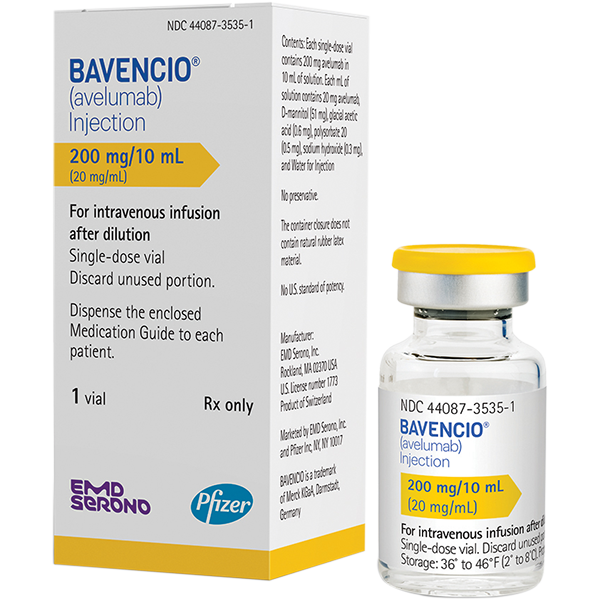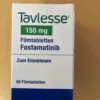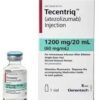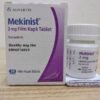Bavencio (Avelumab) is an immuno-oncology drug jointly developed by Pfizer and Merck. It aims to use the body’s own immune system to fight cancer and cause cancer cell death by blocking the PD-1/PD-L1 signaling pathway. In May 2017, it received accelerated approval from the US FDA to treat patients with locally advanced or metastatic urothelial carcinoma (mUC).
June 11, 2020 Pfizer and Merck KGaA announced the phase III JAVELIN Bladder 100 study (NCT02603432) of the anti-PD-L1 therapy Bavencio (avelumab) as first-line maintenance treatment of locally advanced or metastatic urothelial cancer (UC) ) Overall survival (OS) results from the interim analysis.
The JAVELIN Bladder 100 study is a confirmatory Phase III study designed to support the conversion of Bavencio’s indication for the treatment of UC from accelerated approval to full approval. The data showed that the study met its primary endpoint: Bavencio combined with BSC significantly prolonged OS compared with best supportive care (BSC). It is worth mentioning that the JAVELIN Bladder 100 study marks the first time in a phase III trial that an immunotherapy has shown OS data superior to standard of care in the first-line treatment of locally advanced or metastatic UC.
JAVELIN Bladder 100 is a multicenter, multinational, randomized, open-label, parallel-group study evaluating Bavencio in combination with best supportive care ( BSC) versus BSC alone for first-line maintenance therapy. www.100pei.com
In the study, a total of 700 patients whose disease did not progress after induction chemotherapy (evaluated according to RECIST v1.1) were randomly assigned to enter the Bavencio + BSC treatment group or the BSC treatment group. The primary endpoint was overall survival (OS) among all randomized patients and among patients with PD-L1-positive tumors.
In this study, BSC will be implemented at the discretion of the treating physician and may include antibiotic treatment, nutritional support, correction of metabolic disorders, optimization of symptom control, and pain management (including palliative radiotherapy). BSC does not include any active anti-tumor therapy, but localized radiation therapy for solitary lesions is acceptable.
The results showed that at the time of the interim analysis, the study had met the primary endpoint of OS: in the 2 co-primary groups (all randomized patients, patients with PD-L1 positive tumors), Bavencio + BSC achieved statistically better OS compared with BSC. Significant improvement in meaning. The specific data are: among all randomized patients, compared with the BSC group, the Bavencio+BSC group had a significantly longer median OS (21.4 months vs. 14.3 months) and a 31% lower risk of death (HR=0.69; 95%CI: 0.56-0.86; p<0.001), 12-month survival rate (71% vs 58%) and 18-month survival rate (61% vs 44%) were significantly improved.
In patients with PD-L1-positive tumors, Bavencio+BSC showed a greater OS benefit and reduced the risk of death by 44% compared with BSC. www.100pei.com
In this study, the safety profile of Bavencio was consistent with that of the JAVELIN single-agent clinical development program.
According to the study, Bavencio is the first immunotherapy to achieve a statistically significant improvement in OS in first-line treatment of advanced UC in a clinical trial. www.100pei.com
Chemotherapy has been the first-line standard of care for patients with advanced urothelial cancer for the past 30 years. While this is an effective short-term option for many patients, most patients will eventually experience disease progression, underscoring the need for more treatment options. Based on positive overall survival (OS) results from the JAVENLIN Bladder 100 study, Bavencio has the potential to change clinical practice.















Leave a reply